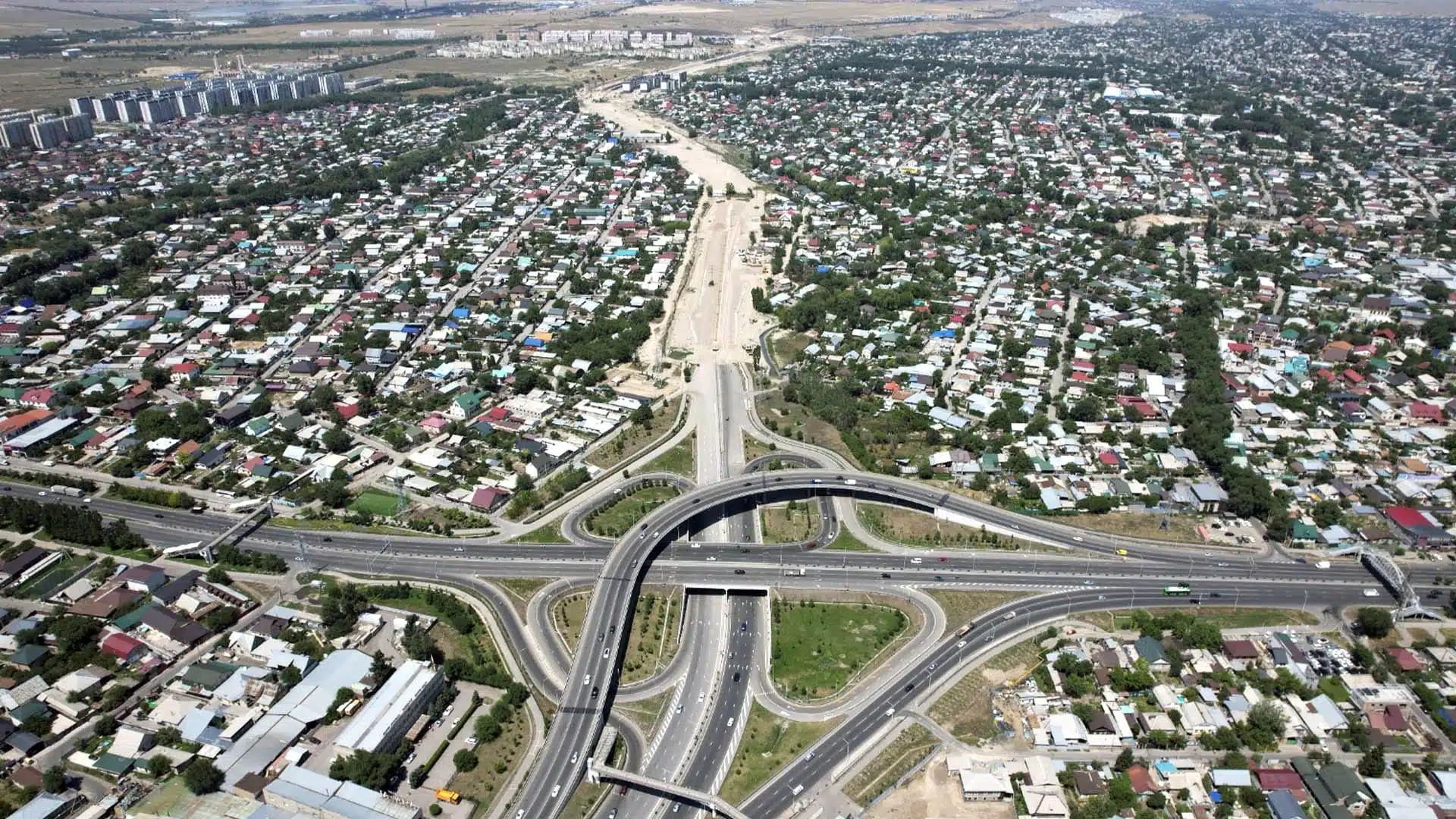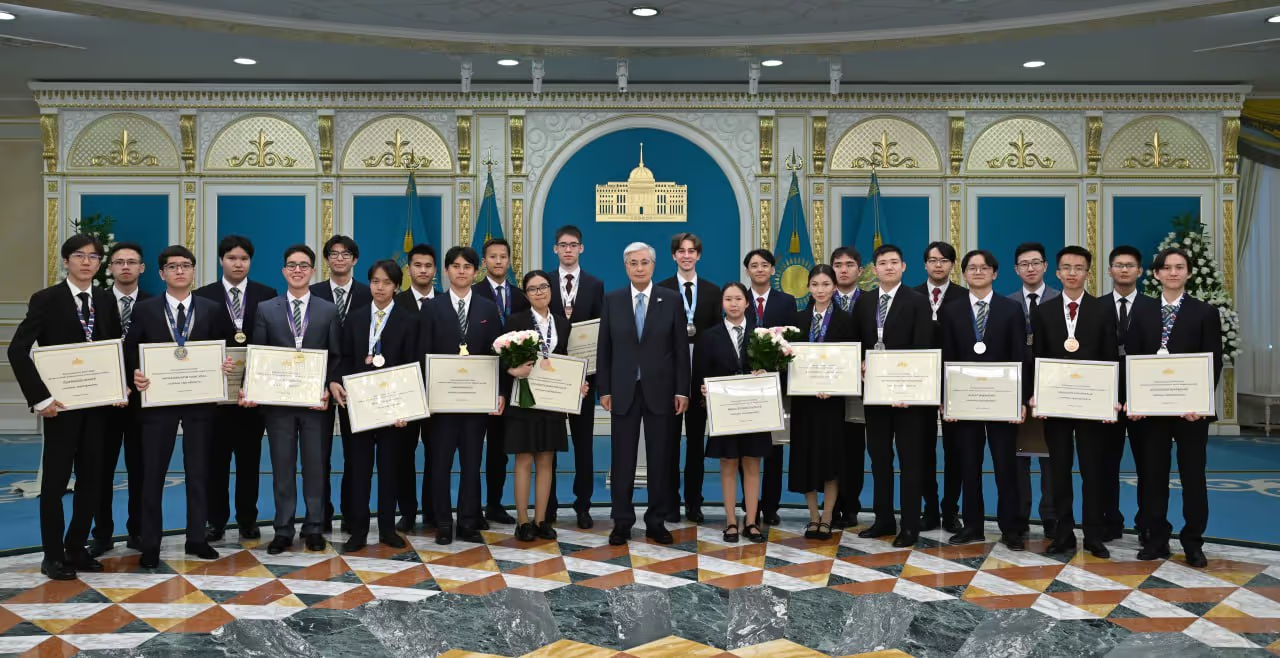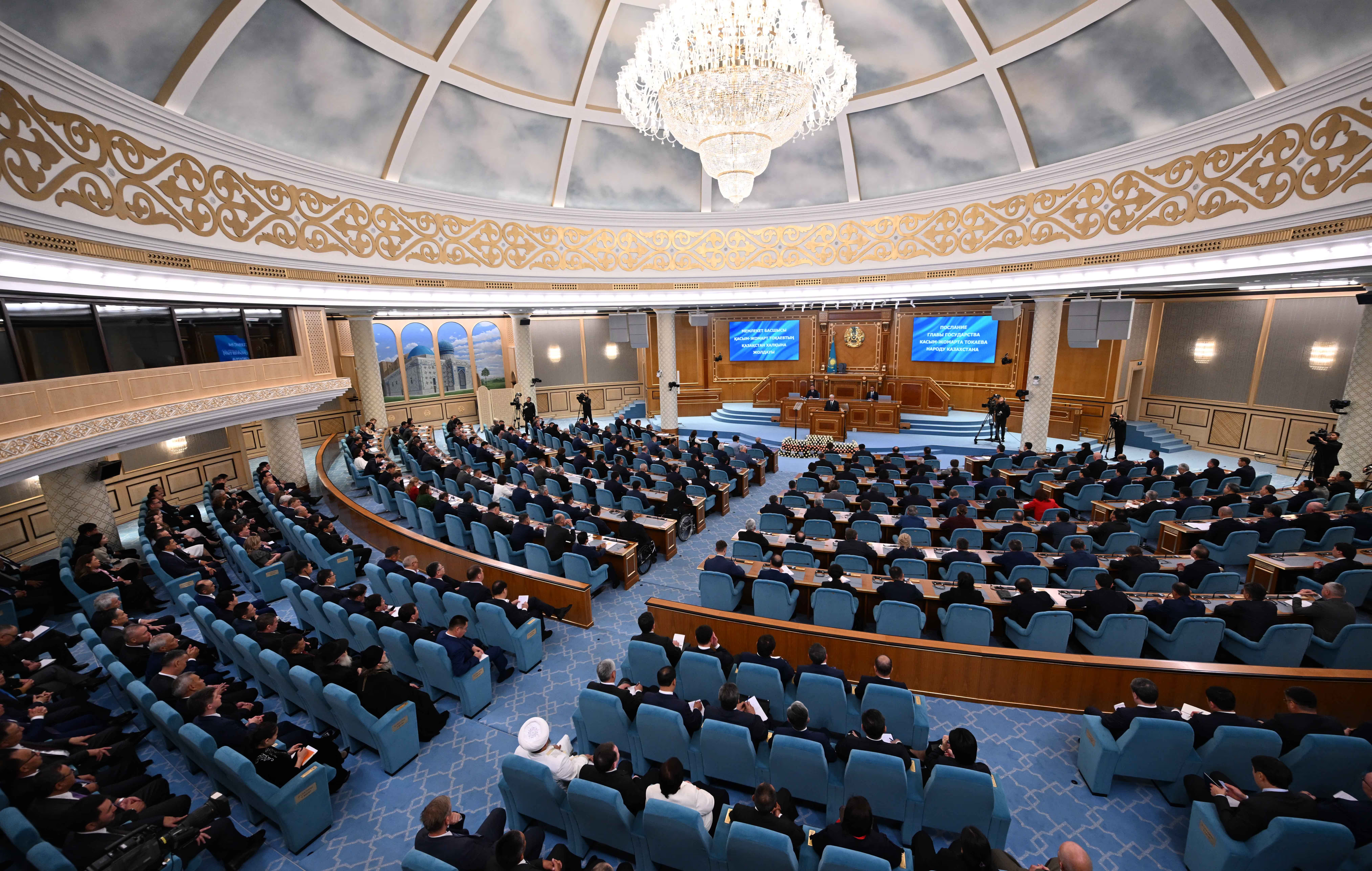Kazakhstan’s GDP is projected to reach nearly USD 350 billion by 2027, with a per capita GDP of USD 16,700. The government’s reform agenda aims to focus on regulatory improvements, administrative efficiency, and the development of future-oriented sectors such as green technologies, transport infrastructure, and digital services.

Kazakhstan actively develops international investment cooperation. The country has successfully completed several projects in partnership with Korean companies.
SK Ecoplant has contributed to successful completion of the 66km-long ‘Almaty Ring Road’ that goes around Almaty, the largest business city and former capital of Kazakhstan. This large-scale infrastructure project was realised as a public-private partnership (PPP). Such Korean companies as Doosan Energy, Samsung, Hyundai also operate in Kazakhstan in various sectors of economy.


Eurasian Connection Point
Kazakhstan is located in an important geographical position connecting the East and the West, serving as a hub for land and air transportation. It acts as a crossroads connecting Russia, China, the Middle East, and Europe, and is advantageous for expanding trade and logistics networks.
Vast and Diverse Landscape
Kazakhstan has the largest territory in Central Asia and has diverse terrains such as steppe, desert, and mountainous terrain. This contributes to increasing natural resource reserves and diversifying tourism resources.
Logistics Hub Potential
Located in the center of Central Asia, it is advantageous for establishing trade and logistics networks with neighboring countries, and thus has high potential to develop into a Central Asian logistics hub.
Kazakhstan's youth population accounts for about a quarter of the total population, or 5.7 million people. The youth population has increased further since the youth policy law was recently revised to expand the youth age limit to 35 years old.
Since 2010, the Kazakh government has been promoting the transformation of the national industry, which is focused on the primary industry, into advanced manufacturing and service industries. Centered around the new capital, Astana, Kazakhstan is transforming into a country led by young people.


Alatau is to become a center for accelerated development of Kazakhstan.
President Tokaev announces special status of Alatau in his speech to the nation.
In many rapidly developing countries, so-called cities of accelerated development have become magnets for investment and technology. Our new center of business activity and innovation is intended to be the city of Alatau. For the implementation of this project, national in its very essence, land has been allocated, initial planning has been completed, and key infrastructure networks have been connected.
The next step must be the creation of a solid institutional foundation for Alatau City. Within ten days, a draft Presidential Decree should be prepared granting the city a special status with direct subordination to the Government. Then, within no more than six months, a separate law should be adopted defining the governance framework, financial model, and other important aspects. Kazakhstan’s digital transformation aims to promote automation in the industrial sector and the Digital Silk Road.
I emphasize: special legal status is not a privilege but a necessary measure, an instrument without which the entire concept risks remaining only on paper. Alatau City must become the region’s first fully digital city—from Smart City technologies to the possibility of paying for goods and services with cryptocurrencies. The city will embody the image of Kazakhstan’s future, combining technological progress with the most comfortable living environment.